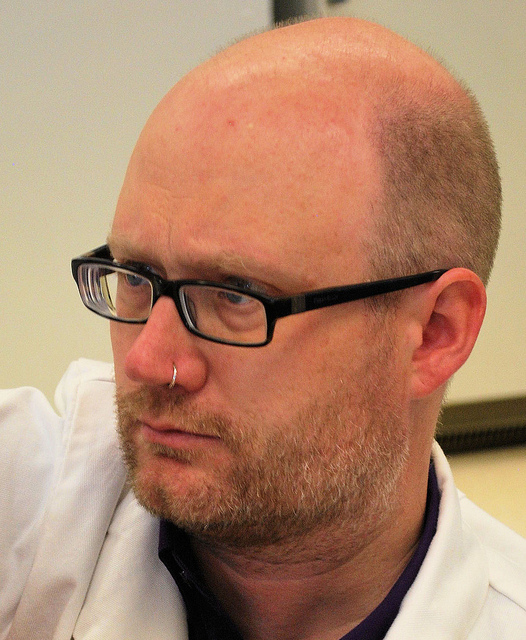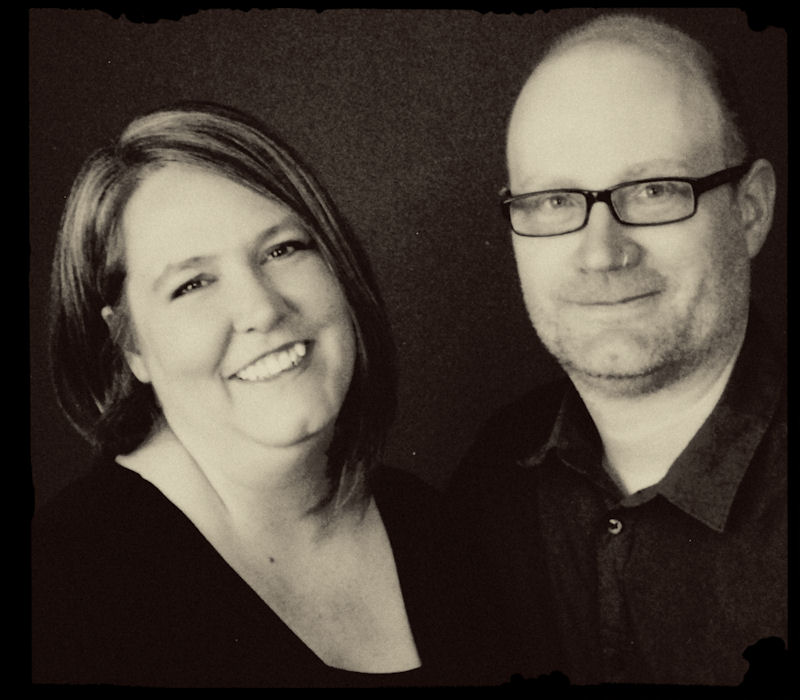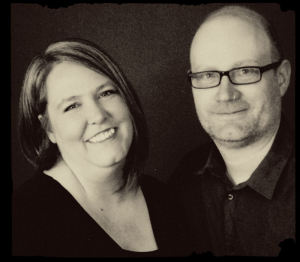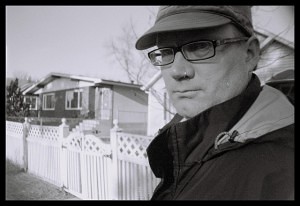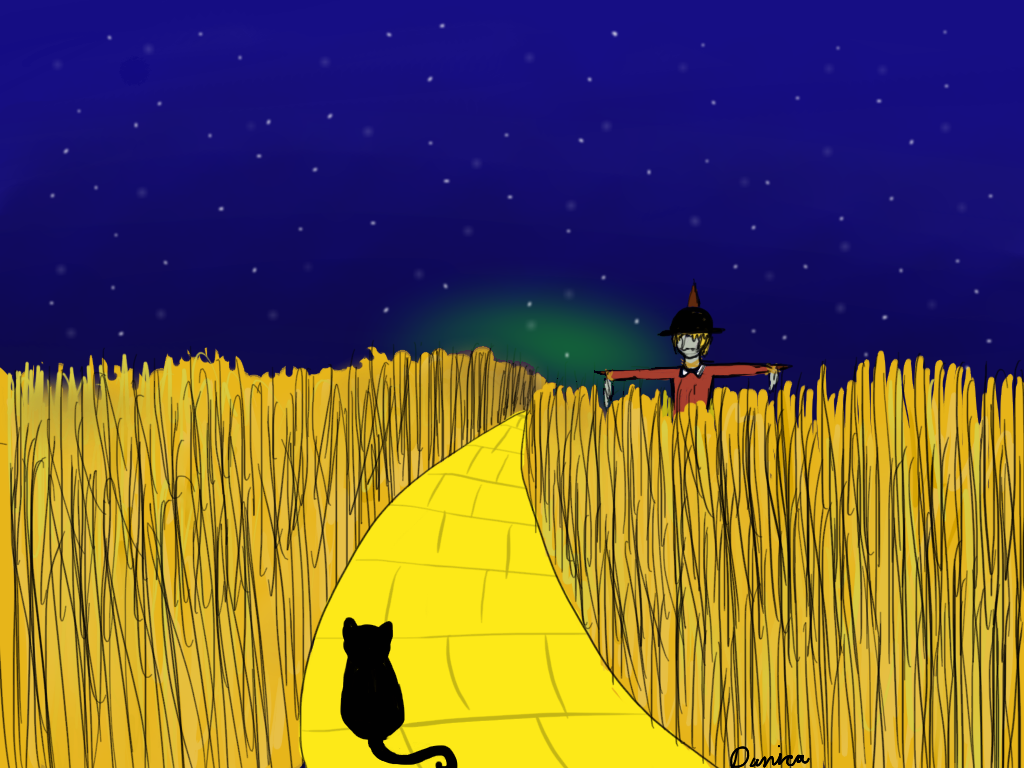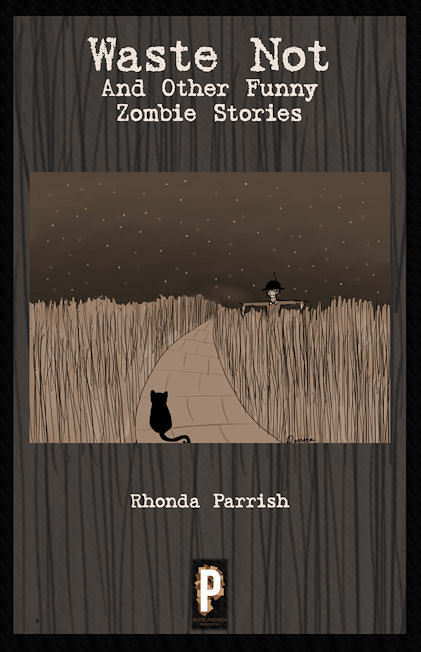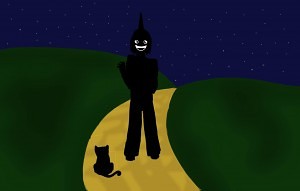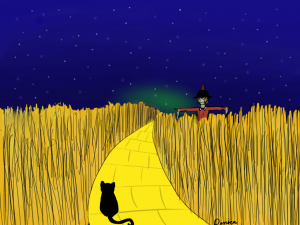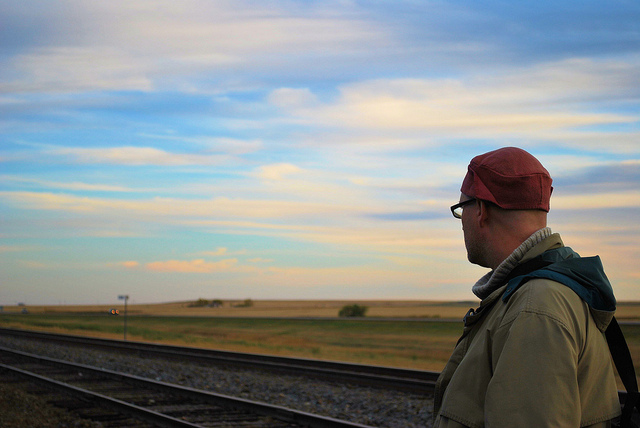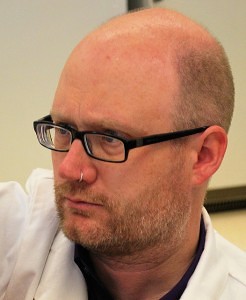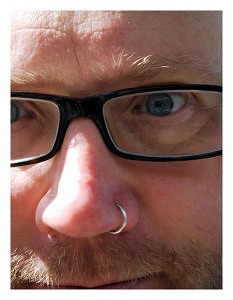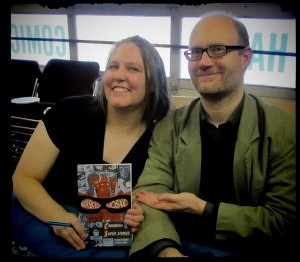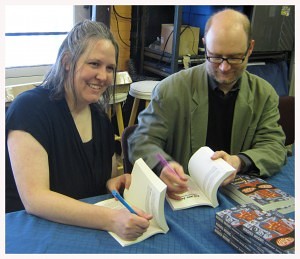This is my amazing husband.
He is my best friend, biggest supporter and I love him more than I could ever tell you (or, than you’d want to hear about, really).
He also teaches in the Biochemistry department here at the University of Alberta. Occasionally that means he’s asked to make speeches. This year he was invited to speak at the ISSS graduation ceremony and I liked his speech so much I asked him if I could post it here. He said yes 🙂

ISSS 2015 Graduation Speech
by Dr. Jonathan C. Parrish
Good evening, graduates, family, and supporters. I’d like to start by thanking ISSS for inviting me to speak here again. Graduation speeches are daunting things, there are some fantastic and inspirational speeches out there to hold up as standards, from the “Always Wear Sunscreen” speech – never delivered, usually attributed to Kurt Vonnegut, actually written by Mary Schmich – to the “Make Good Art” speech by Neil Gaiman. If you have not heard either of them I encourage you to find them. If you want, you can imagine me saying them, that would be swell.
Last year I thought I’d provide some of the lessons I feel have been important, punctuated by stories that illustrated them, this year I wanted to try something a little more coherent. I debated how to approach it, and what to discuss, without feeling that my own advice was overinflated or invaluable as opposed to amusing with brief insights. As a sign of how serious I am taking it, I even wrote it down!
As I only have a few minutes, what I’d like to offer is some small portion of my own philosophy. I’d like to talk today about the big picture. The mountain. The goal. The end of the rainbow. What is the big picture? I can’t tell you, because we each have our own. Some of us love the avant garde, some of us are realists, some of us are firmly couched in classical themes. The picture changes from day to day. From week to week, from year to year. We change, we adapt, we get bored, we move on. Changing is not a de facto failure nor a success, it’s just change, and that’s ok.
Choose your own path, follow your own counsel. Is it ironic for me to suggest this to you? You bet! Be unreasonable. George Bernard Shaw is quoted as saying, “the reasonable man adapts to the world; the unreasonable man persists in trying to adapt the world to himself. Therefore, all progress is made by unreasonable men.”
Within reason, of course, and feel free to change pronouns as you wish. But ask yourself this – do you want to be the next someone else or the first you? Keeping the big picture in mind will help you choose when to adapt and when to be unreasonable. You only have a finite amount of time and energy, especially the former, and you may find that things you change are changed back by someone else.
Christine Miserando, who suffers from lupus, uses spoons as an analogy to how much energy she can spend in a day. She starts with a limited number of spoons; everything she does uses one up and that determines how much she can do in a day. It helps her explain why some days it’s enough for her to get out of bed and brush her teeth, but the idea can be expanded to everyone.
In my field, structural biology, we have an analogy related to lysozyme – the basic idea being that each scientist only has so many structures in them. Lysozyme is easy to grow and solve (which is why it was one of the first proteins to be crystallized) and this is why we use it as training for novice crystallographers. But there are those who say if you can only solve so many structures, don’t waste one of them on lysozyme. Put your energy, when you do have it, into things that get you closer to where you want to be. Or away from where you don’t want to be. Or somewhere else, if you’re not sure. And that means keeping your mind on the big picture, so you know which way is which. And be unreasonable when it’s called for.
The next thing I’d like to discuss is purity of motive. Purity of motive is something I can’t think of as anything but a good thing. It means not just doing the right thing but doing it for the right reasons. Sometimes, I tell my classes that there are two ways of beating the curve: study and work hard and bring up your own grades or confuse everyone else in order to bring theirs down. Purity of motive then informs this choice – focus on what the point of education is. What the big picture is. It’s not the curve, it’s not the grade, it’s (hopefully) understanding, learning, growing that is the goal.
As much as I’d like to reassure you about this, it doesn’t end, either – in my work I am expected to justify everything I do each year, to compete for limited resources, to beat the curve. There are things I could do just to add content, to check off boxes, tick off to-do items on my annual report. But that is not purity of motive. What did you do at work today? I ticked off a box. That’s not focusing on the big picture, that’s being reasonable. If you are doing things solely to meet someone else’s criteria, you’re not having as much fun. And if you’re not enjoying yourself, then you need to re-focus on the big picture and find the path that takes you closer to that fantastic work of art, that big picture, in your head.
Things happen, day by day, week by week, we get into a state where we feel like we are constantly putting out small fires that keep starting, and it’s all we can do to check off the items on our to-do list. It’s hard to focus on the big picture, let alone think about being unreasonable. But even on those tough days there may be a moment to think about where you are headed and how you could work toward that goal even as you are putting out all those tiny fires.
Because there are much bigger fires waiting – and when those ones are out you can tell stories about the great fires you helped to extinguish and the ones you helped to start. You are university graduates, you’ve been given lighter fluid and a fire extinguisher. It’s up to you, now, to choose how unreasonable you are going to be.
And so to you, class of 2015, I congratulate you and I wish you the best, biggest picture to work towards. Go out there and be the best, first you. Give ‘em hell.
Personally, I am paying especially close attention these days to make sure I’m doing something each day beyond putting out fires and checking off boxes. That’s the part of this speech which spoke to me the most. Some days I do better than others, but by keeping the images of the fires and the checkboxes in the back of my mind, I’m finding it easier to stay on the path toward the ‘big picture’ that represents my larger life goals.
🙂
